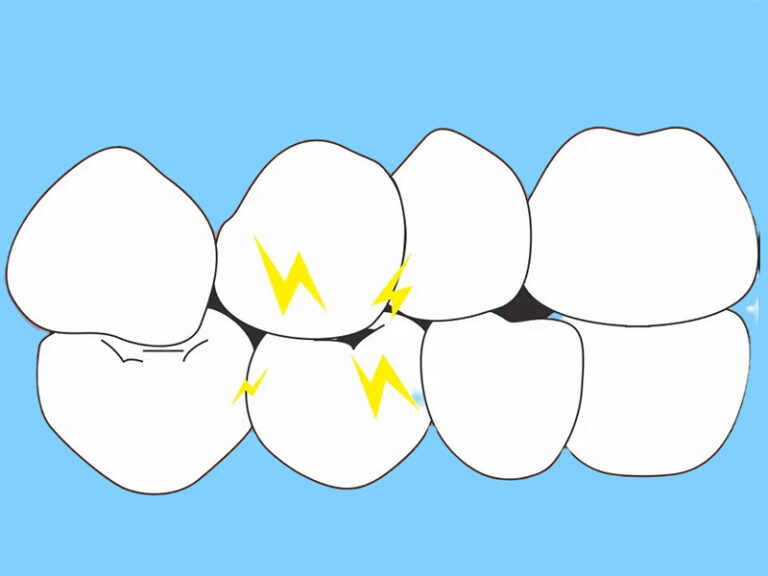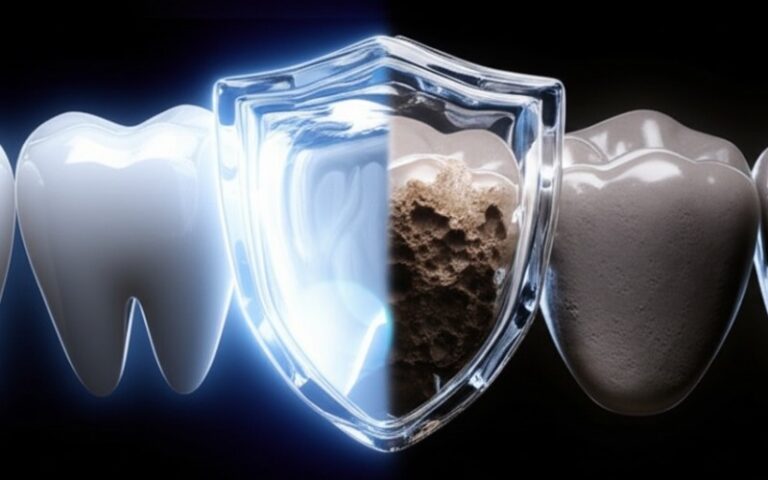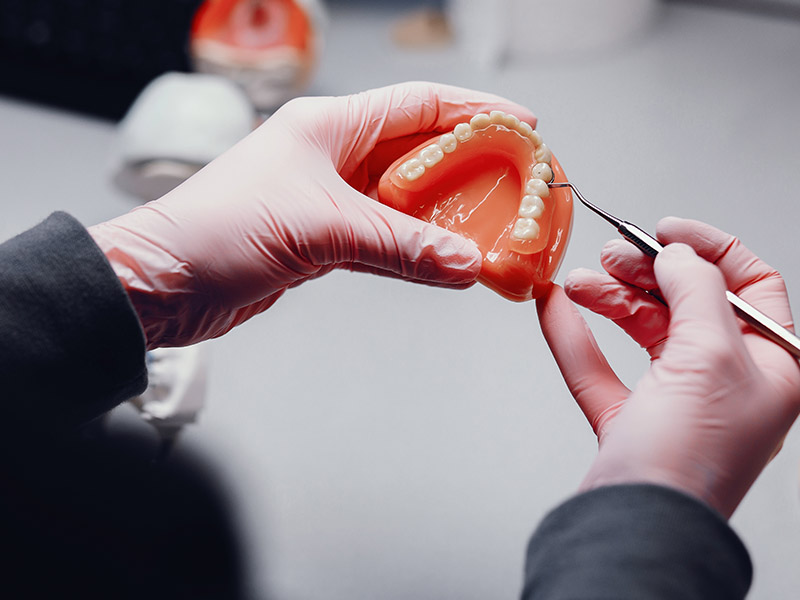
How to Get Dental Implants With Severe Bone Loss: A Real Solution
Many people feel hopeless because they are told they couldn’t get a dental implant because of severe bone loss. But I’m here to tell you there is hope. New options, like zygomatic implants, have changed everything. This article will show you how you can get dental implants with bone loss. It will give you the facts you need to talk to your dentist and get your confidence back.
Table of Contents
Why Does Severe Bone Loss Even Happen?
Our jawbone is a lot like a muscle. If you don’t use it, you lose it. When a tooth is lost, the part of the jawbone that held it in place no longer has a job. The body, being very efficient, starts to take away that bone. This process is called resorption. Over time, this leads to bone loss in the jaw. This is a major reason why people may not have enough bone for a dental implant.
Gum disease is another big cause. It can slowly eat away at the bone that supports your teeth. An injury or even wearing dentures for a long time can also cause bone deterioration. Many people wore dentures for decades experienced significant bone deterioration. This can make it very hard to place a traditional dental implant. Understanding why you have bone loss is the first step toward finding the right dental implant solution.
Can You Really Get Dental Implants with Bone Loss?
The short answer is yes! For a long time, having severe bone loss meant you were not a good candidate for dental implants. Dentists would say there wasn’t a strong enough foundation for the implant screw. But modern dental implantology has come a long way. There are now amazing dental solutions for patients with bone loss.
We have new techniques and special types of implants. These are made just for people who have experienced bone loss. You don’t have to settle for dentures that slip or an empty space in your smile. Thanks to these new methods, many people who were told “no” in the past can now get a strong, permanent dental implant. It’s all about finding the right approach for your specific dental needs. A dental implant can truly change your life.
Am I a Good Candidate for Dental Implants If I Have Bone Loss?
Being a good candidate for dental implants with bone loss depends on a few things. Your overall health is important. If you are healthy enough for a minor surgery, that’s a great start. Your dentist will also look at the amount of available bone. They will use 3D scans to see your jaw from every angle. This helps them understand your unique bone structure.
Even with severe bone loss, you can still be a good candidate. The key is what kind of dental implant procedure you get. Your dentist will check your bone density and the specific location of the bone loss. For example, bone loss in the upper jaw has different challenges than in the lower jaw. Being a good candidate is less about how much bone you’ve lost and more about choosing the right plan to address bone loss and build a solid base for your new teeth.
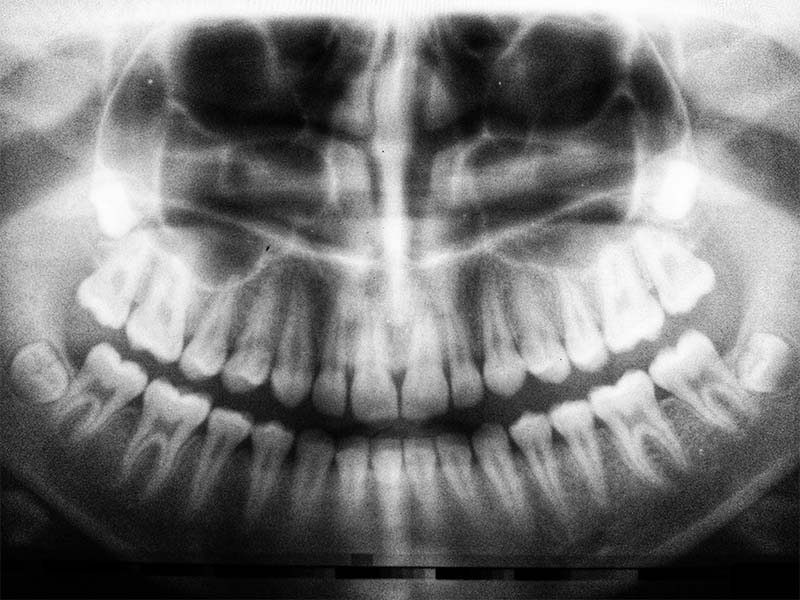
What is a Bone Graft for a Dental Implant?
A bone graft sounds scary. But it’s a very common and safe procedure. Think of it like preparing the ground before you plant a tree. If the soil isn’t deep enough, you add more. A bone graft does the same for your jaw. It’s a way to add bone material to your jaw to build it up. This creates a strong foundation for implants.
The bone grafting procedure is often done before the implant procedure. The dentist places the new bone material where it’s needed. Then, your body does something amazing. Over a few months, it heals and grows new bone, fusing with the graft. This process is called bone regeneration. Once you have enough healthy bone, you are ready for a dental implant. A bone graft is a trusted way to help people who need more bone volume to support a dental implant.
What are Zygomatic Implants and How Do They Help Patients with Severe Bone Loss?
Zygomatic implants are a game-changer. They may be the best solution for severe bone loss, especially loss in the upper jaw. Unlike a traditional implant, which is placed in the jawbone, zygomatic implants are anchored in the cheekbone. Your cheekbone is called the zygomatic bone. It is very strong and dense.
This is a brilliant solution for patients with severe bone loss. It often means you don’t need a bone graft. This can save you months of healing time. For patients with insufficient bone in the upper jaw, zygomatic implants provide a very strong and stable base. This advanced dental implant is a life-changing solution for patients who thought they had no other options for dental work.
How is the Zygomatic Implant Procedure Different?
The implant procedure for zygomatic implants is more complex than for a traditional implant. It requires a very skilled and experienced surgeon. The main difference is where the implants are anchored. Because they go into the cheekbone, the surgery needs careful planning. Your surgeon will use detailed 3D scans to map out the exact path for placing the implants.
The good news is that this implant procedure is often faster for the patient. Since you may not need a bone graft, you can sometimes get your new teeth on the same day. These teeth are usually a temporary or permanent dental prosthesis that is attached to the implants. For many patients with severe bone loss, the idea of getting a new smile so quickly is amazing. The stability provided by zygomatic implants is truly remarkable in complex dental implant cases.
Are Zygomatic Implants the Only Option for Dental Implants with Bone Loss?
While zygomatic implants are an incredible option, they are not the only one. Dentists have a few tools to help with dental implants with bone loss. We already talked about the bone graft. This is still a great choice for many people. It helps rebuild your existing bone so you can get conventional implants.
Another option is mini implants. These are smaller versions of a regular dental implant. Because they are smaller, they don’t need as much bone to hold them in place. Mini implants are often used to support dentures, making them much more stable and comfortable. The best choice depends on your specific situation. A qualified dental professional can explain all the options for dental solutions and help you decide between a bone graft, mini implants, or zygomatic implants.
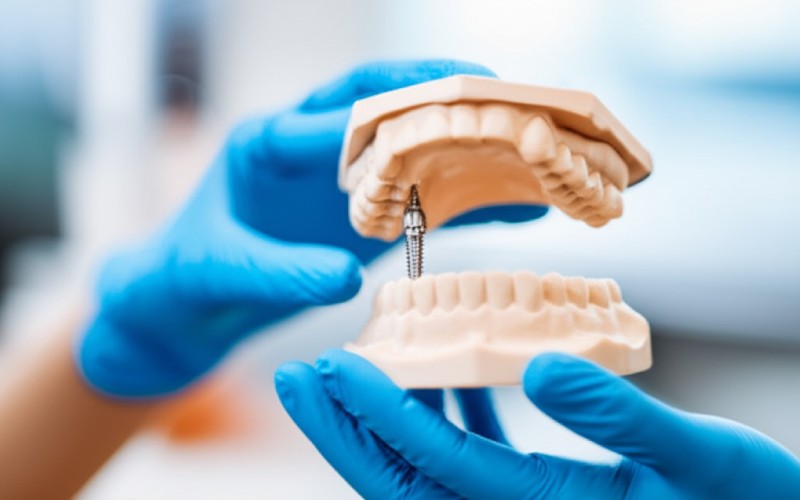
How Do Implants Help Prevent More Bone Loss?
This is a benefit of a dental implant that many people don’t know about. A dental implant doesn’t just fill a gap; it helps keep your jawbone healthy. Remember how we said bone loss happens when a tooth is missing? A dental implant acts like a natural tooth root. It puts pressure on the jawbone when you chew.
This pressure signals to your body that the bone is needed. This helps to stop bone deterioration and can even encourage new bone growth. So, getting a dental implant is not just about looks. It is an investment in your long-term oral health. It can prevent further bone loss and keep your jaw strong for years to come. This is a key reason why a dental implant is often a better choice than bridges or dentures.
How Can I Finally Get My Smile with Dental Implants?
Considering dental implants can feel overwhelming, especially if you have been told you have severe jawbone loss. But the path to a new smile is clearer than ever. The first step is to believe that it is possible. Modern dentistry offers a solution for patients in almost any situation. The technology behind a dental implant has improved so much.
The next step is to find the right team. Look for a dentist or oral surgeon with experience in bone loss cases, especially cases of significant bone loss. They will be your guide on this journey. They can assess your situation and tell you if you are a good candidate for dental implants. With the right plan, you can finally get the strong, beautiful smile with dental implants that you deserve. Implants help restore not just your teeth, but your confidence too.
What Are My Next Steps for These Dental Solutions?
If you are ready to take action, here is the suggestion. First, schedule a consultation. Don’t be afraid to get a second opinion, especially for cases of significant bone. You want to feel comfortable and confident with your dental team. Ask them about their experience with dental implants with bone loss. Ask them about all your options, including a bone graft and zygomatic implants.
Come prepared with questions. Ask about the cost, the timeline, and the healing process. A good dentist will be happy to explain everything. Remember, you are in control of your health. With the right information and the right team, you can get the perfect dental implant for your needs. A new dental implant can change the way you eat, speak, and smile. It is a journey worth taking.

